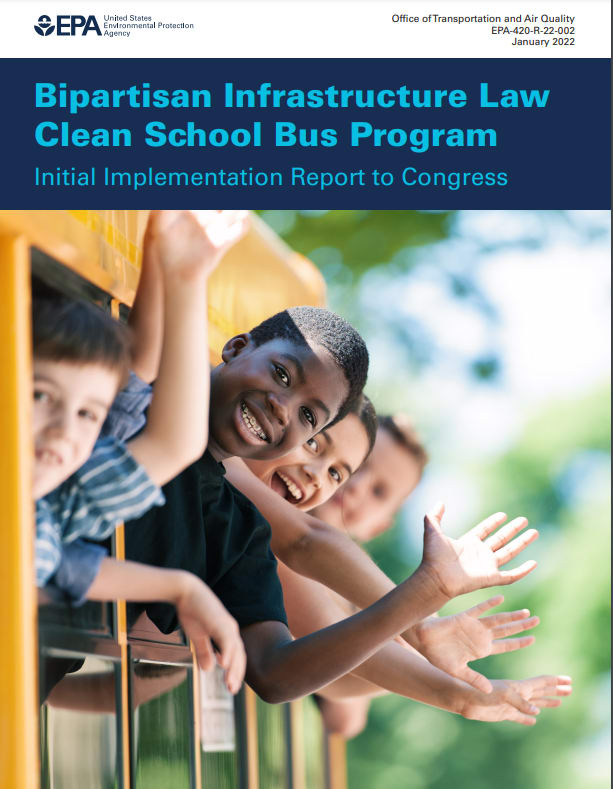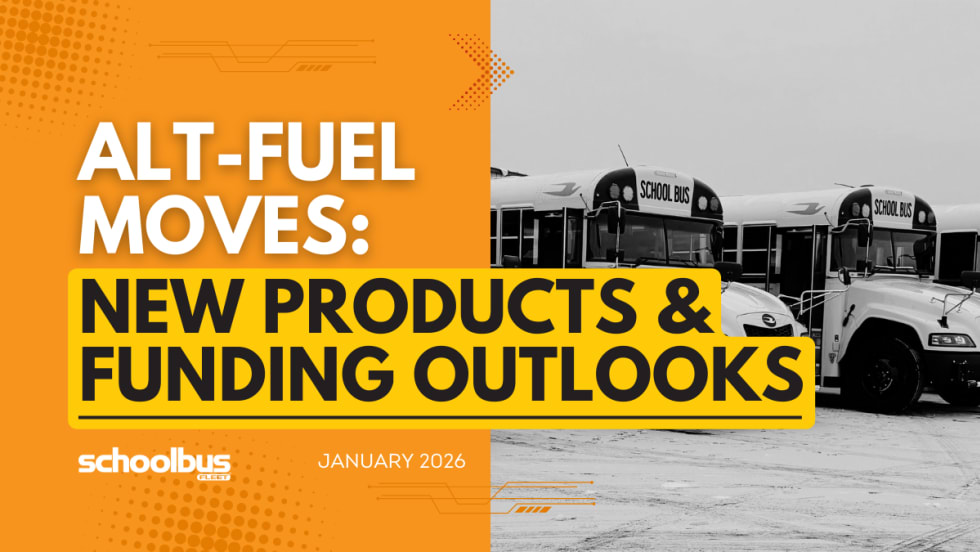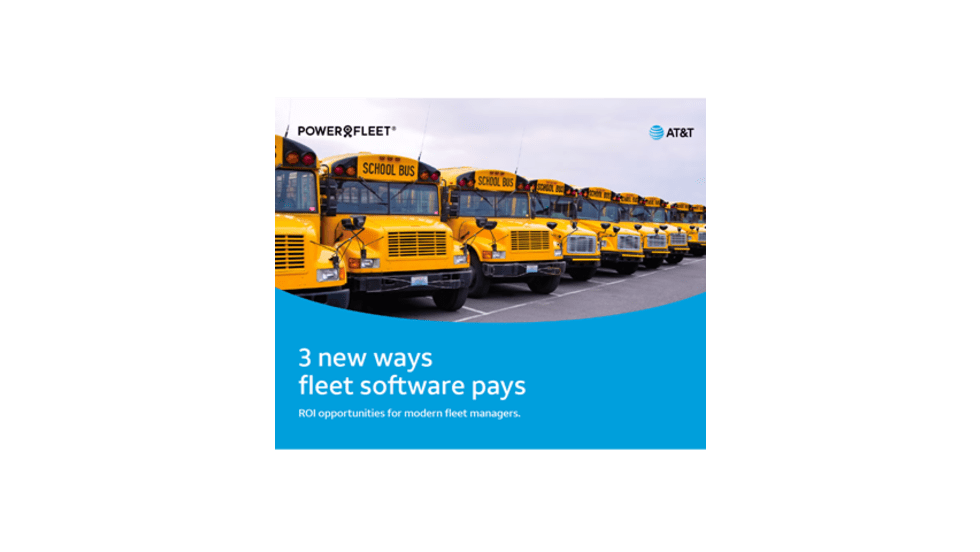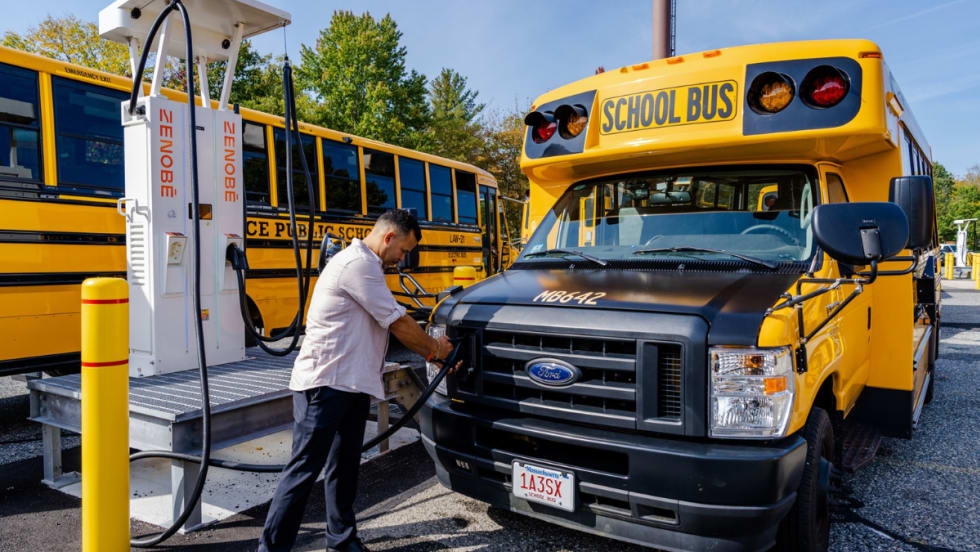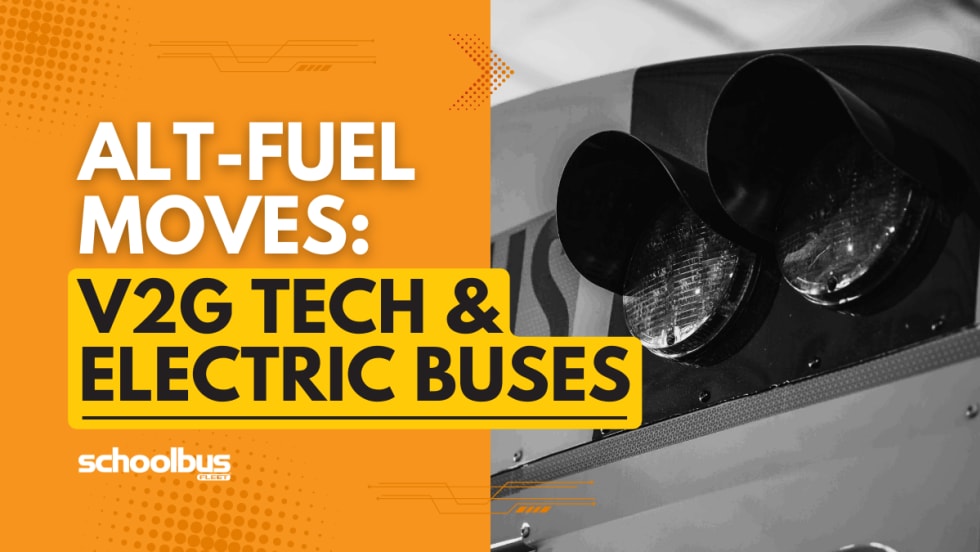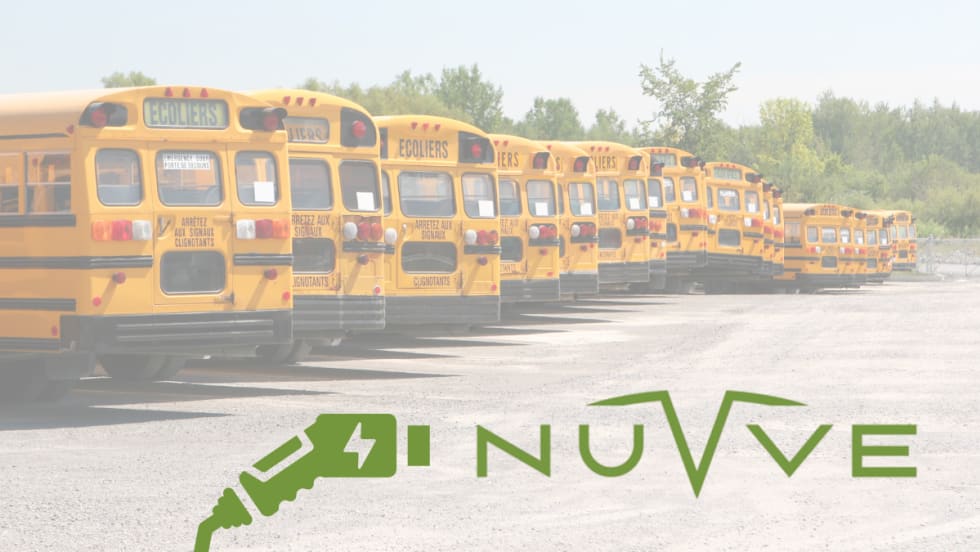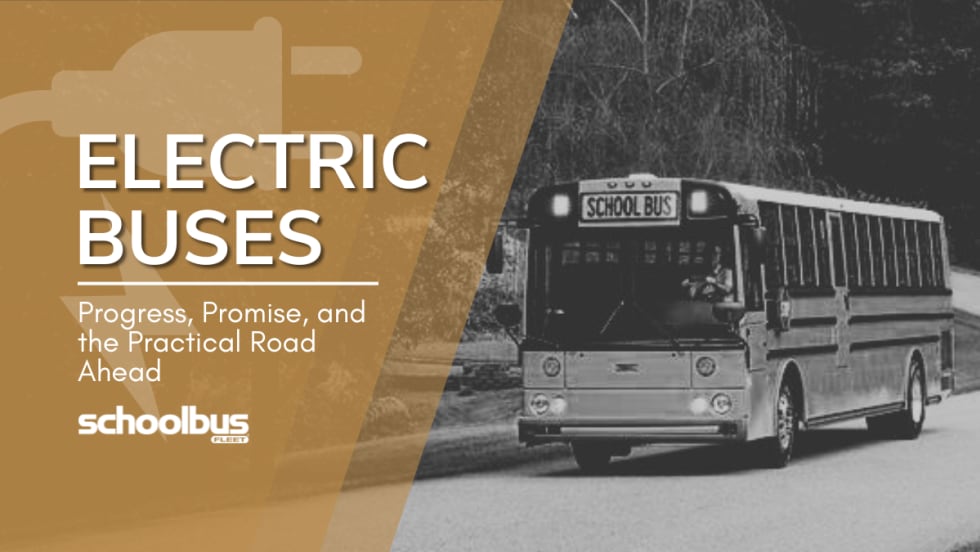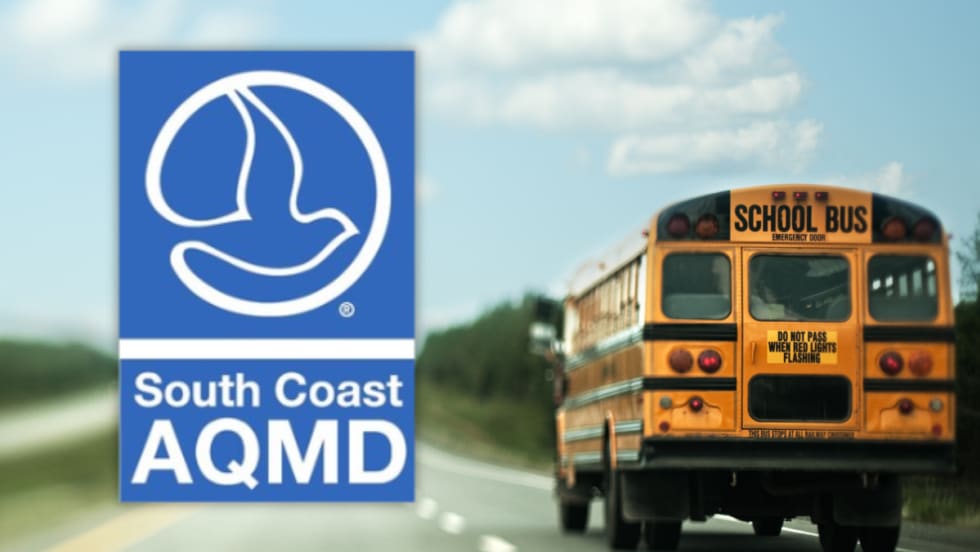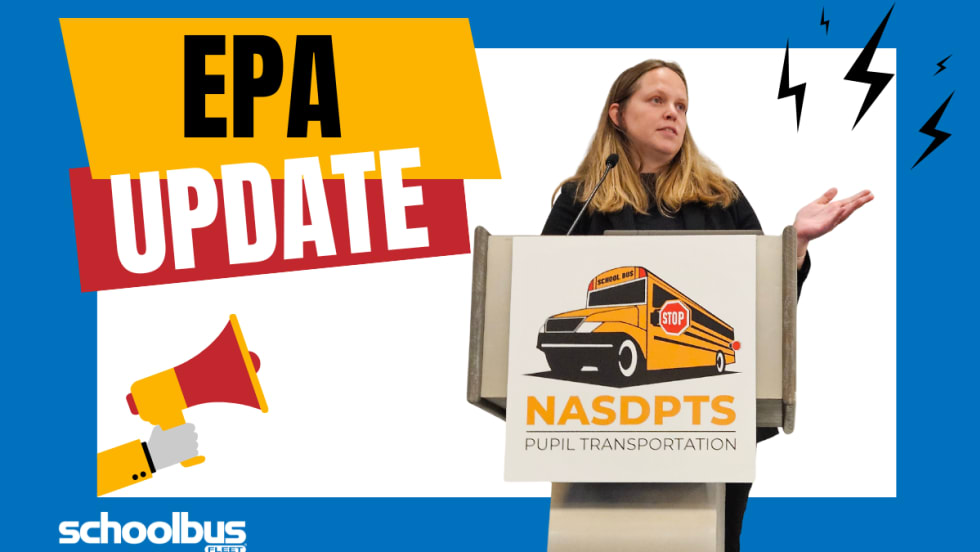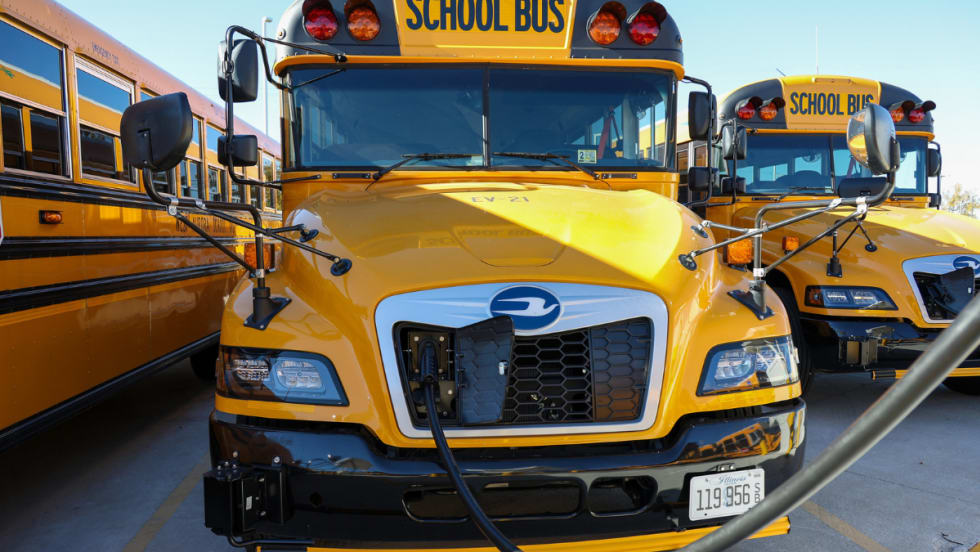The first phase of the federal Clean Bus Program, expected to start as soon as April, will kick off with rebates for the purchase of zero- and low-emission school bus replacements.
“Rebates are the fastest way for (the Environmental Protection Agency) to provide funds to fleets for bus replacement,” the agency stated in its initial report to Congress. “Therefore, for the first cycle of funding, EPA intends to create a rebate program.”
The Clean Bus Program created under the Bipartisan Infrastructure Law (BIL) earmarks $5 billion to replace older buses that emit harmful pollutants, such as nitrogen oxides (NOx) or particulate matter (PM).
“The Bipartisan Infrastructure Law provides an unprecedented amount of funding to clean a substantial portion of the nation’s fleet of nearly 500,000 school buses,” the EPA reported. “These new cleaner school bus replacements will produce either zero or low tailpipe emissions compared to their older diesel predecessors.”
Under the program, the EPA may award up to 100% the cost of replacing buses or adding infrastructure for charging and fueling through grants, rebates, or contracts.
Eligible recipients include:
State or local government entities that provide school bus service or purchase school buses
Contractors that sell clean school buses or infrastructure equipment for same
Nonprofit school transportation associations
Tribes or tribal organizations that provide school bus services to schools or purchase school buses
Besides the upcoming rebate program, the EPA reported that it would open a competitive request for applications for grant funding in late 2022 or early 2023.
The EPA expects to prioritize high-need local education agencies, tribal schools, rural or low-income areas, and “applications that provide cost share through public-private partnerships, grants from other entities, or school bonds,” according to the EPA report.
Updates will be posted on the Clean School Bus website, including webinars for potential applicants interested in funding opportunities.




